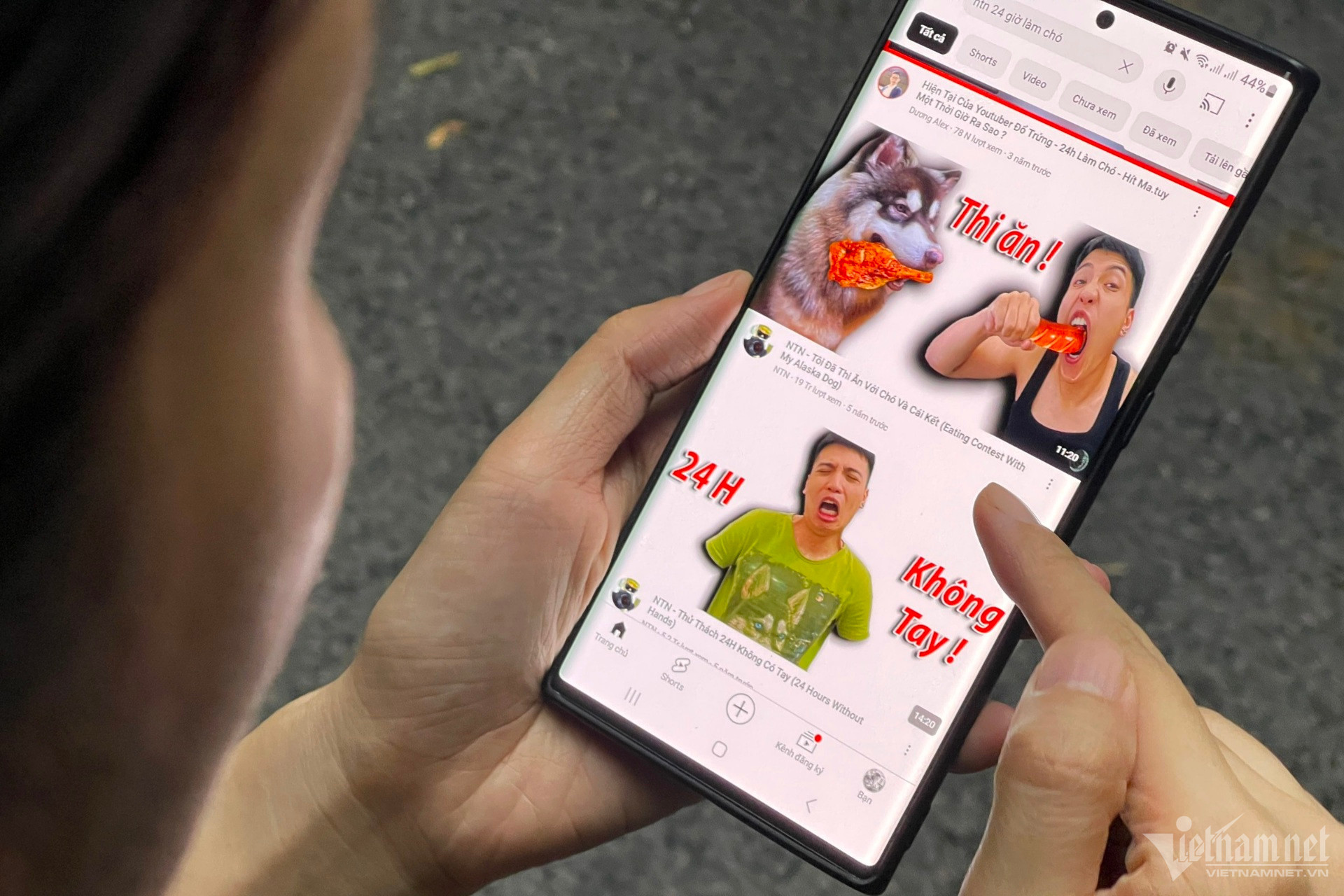
The Ministry of Information and Communications (MIC) has been dealing strictly with cross-border platforms and ad agents that place ads on pirated websites and toxic content. The strong move has helped more effectively prevent ad cash from flowing into toxic channels and news webs.
According to the Authority of Broadcasting and Electronic Information (ABEI), Facebook, YouTube and TikTok have been closely cooperating with MIC to block ‘dirty ads’. The number of blocked YouTube channels has increased by five times compared with 2022. The figure is hundreds of accounts on TikTok.
ABEI’s director Le Quang Tu Do said the watchdog agency has conveyed an important message to content creators that if they post dirty content, they will be blocked and won’t receive money from ads.
Ad agents and brands have also cooperated with ABEI by refusing to post ads on content in violation. They will turn their back on KOLs (key opinion leaders), TikTokers, and content creators who post untruthful content if they are requested by ABEI.
The cooperation between the watchdog agency and ad agents in 2023 went smoothly.
“Many artists and celebrities could not understand why ad agents and brands refused to cooperate with them. This was because they had deviant and ugly behaviors and statements online,” Do said.
An expert in online ads told VietNamNet that MIC has sent the White List (the content that MIC encourages to place ads on) and Black List (the toxic content which violates the laws and which MIC requests not to place ads).
The White List and Black List makes it easy for ad agents and brands to find trustworthy and untrustworthy content to decide whether to cooperate with the content owners. Technically, it is simple to prevent ads on websites and accounts with toxic content.
However, it is easier to request domestic platforms to block ads on toxic websites than cross-border platforms, because the foreign platforms are less cooperative.
According to the expert, foreign ad networks can easily run ads targeting Vietnamese from anywhere in the world. Therefore, in order to prevent ads from being posted on toxic content, there must be close cooperation with cross-border ad networks.
He said Google, Facebook and other foreign platforms can earn revenue of billions of dollars from the Vietnamese market, so they want to do business for long term in Vietnam. Vietnam should consider applying the same models which have been succeeding in European countries, under which violating businesses are heavily punished.
“Once businesses lose money, they will have to correct their behavior,” the expert said.
Trong Dat